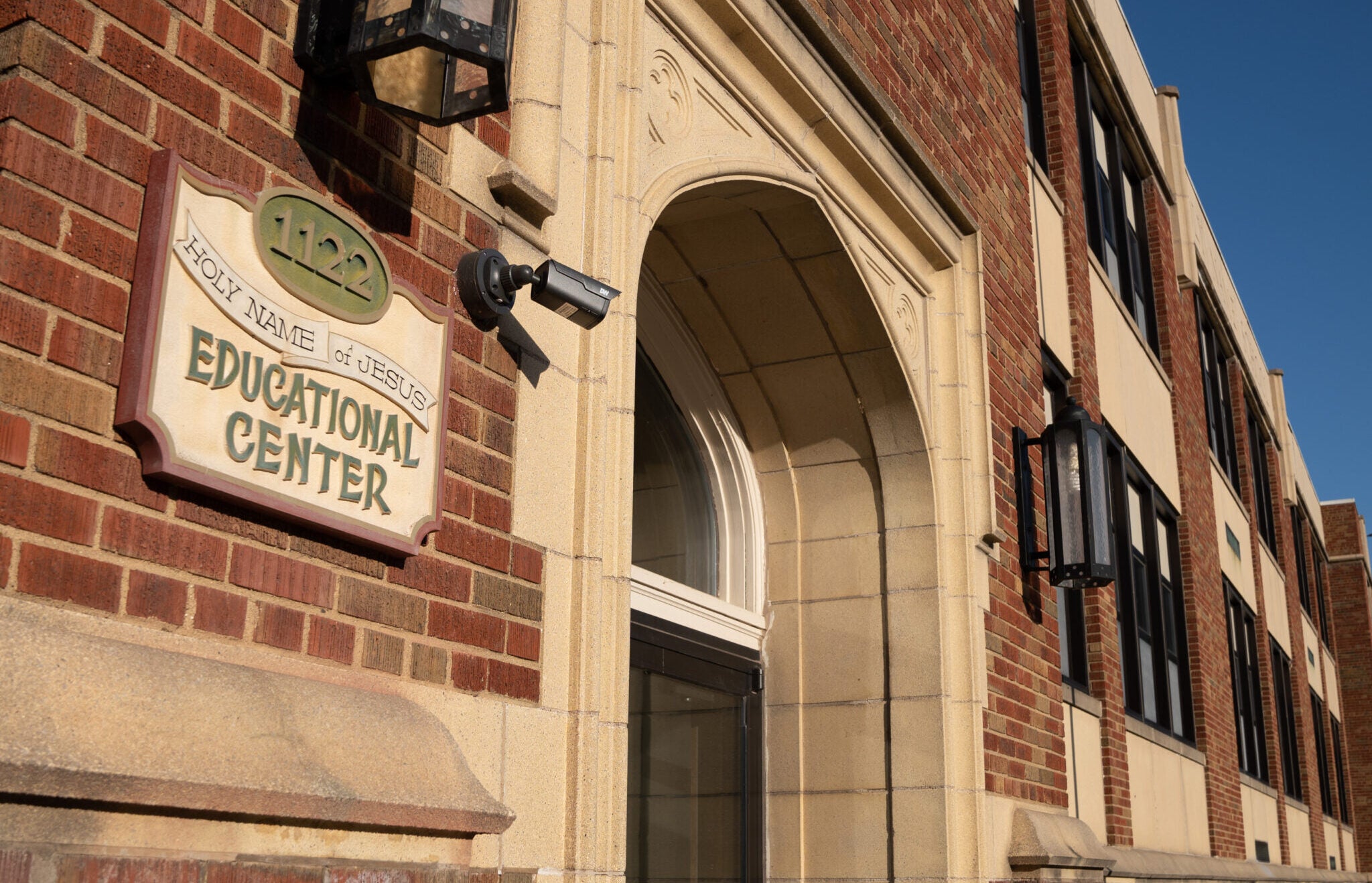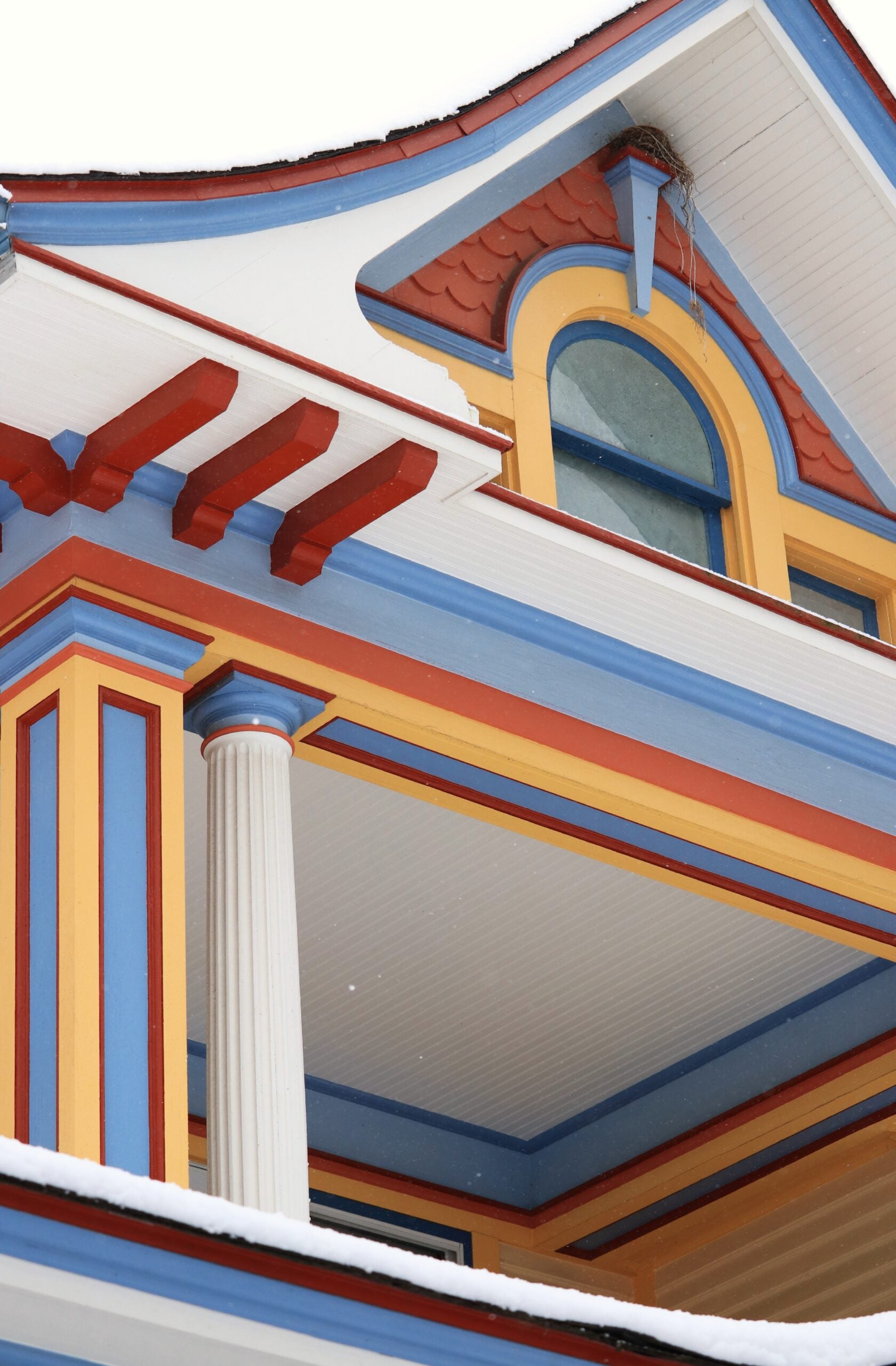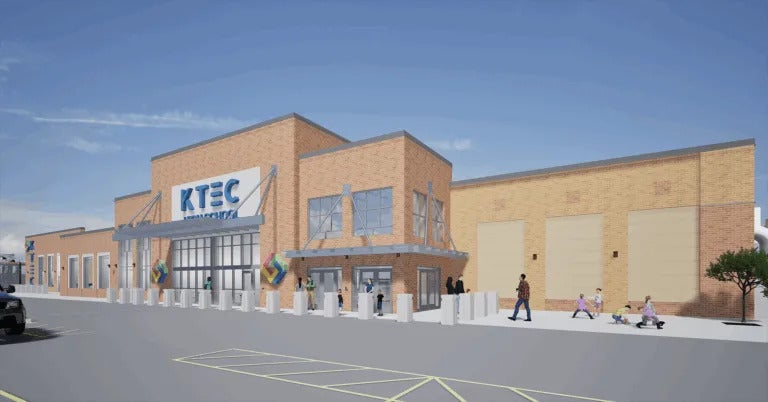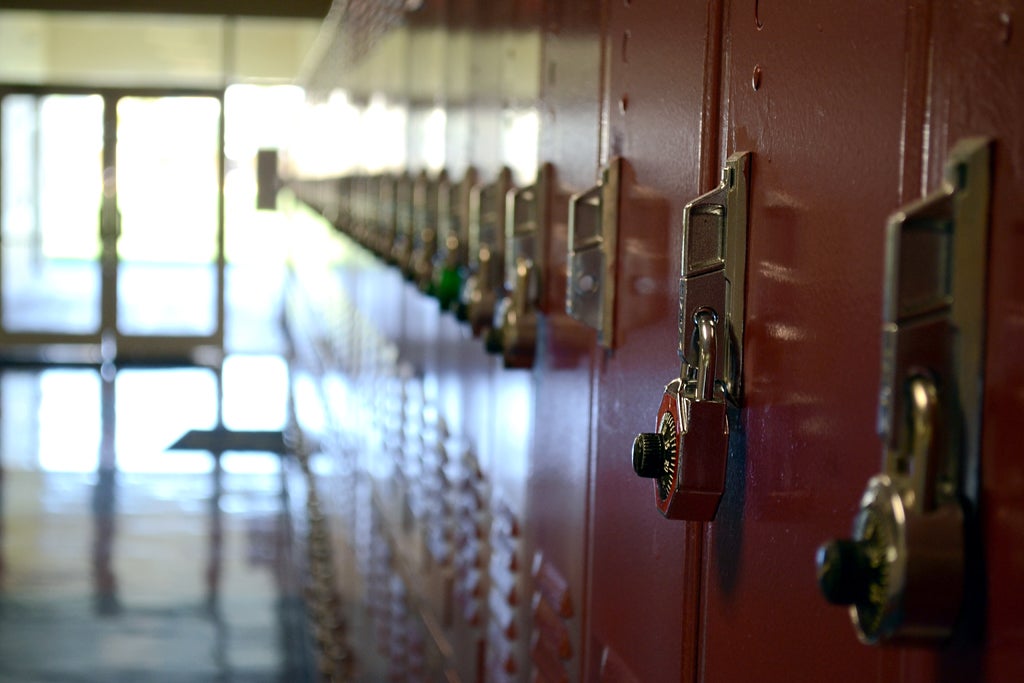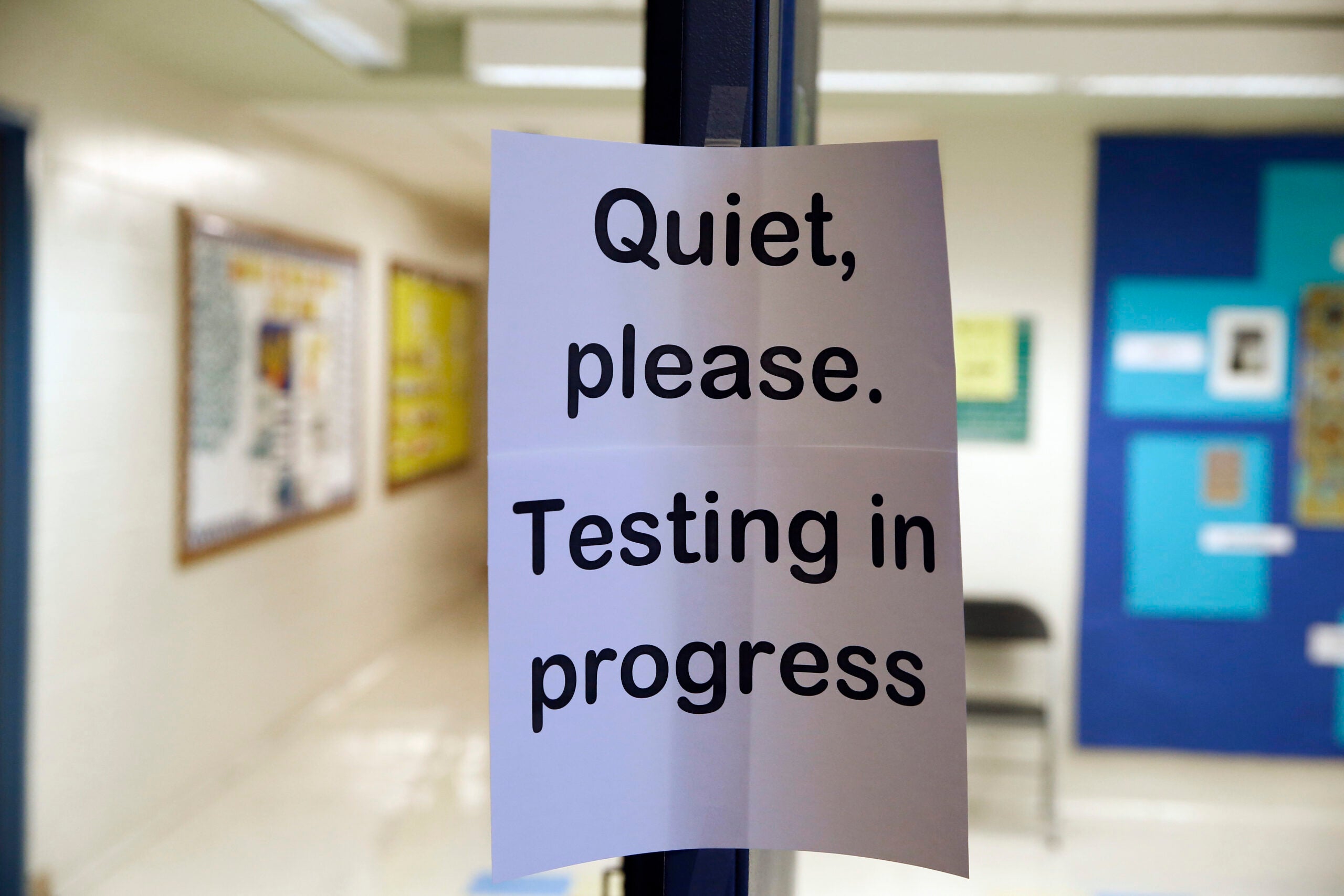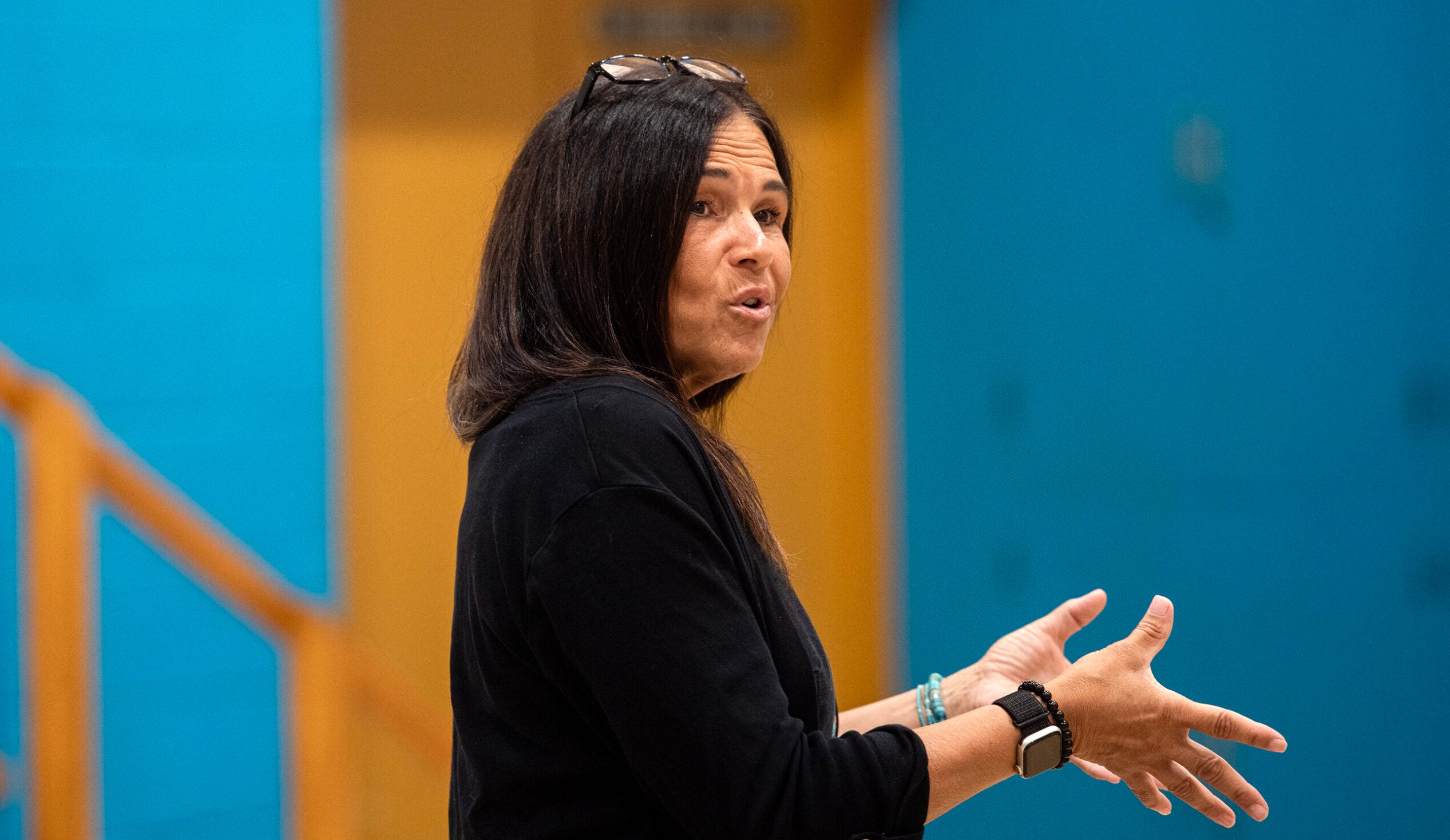After sitting vacant for two decades, a former elementary school building will reopen this fall in Wausau, this time as a classical Catholic school for students in grades kindergarten through eighth.
Holy Name of Jesus Parish shuttered its classrooms in 2004. Planned demolition of the building was delayed after asbestos was found within its walls and church leaders for years debated their options for the space. The building, built in 1948, has now undergone several renovations and will soon house Newman Catholic Classical School.
The idea to reopen the school a classical school was first presented to church leaders shortly before the COVID-19 pandemic. After conversations within the church and in the community, planning began in earnest. In 2023, the Diocese of La Crosse granted Holy Name permission to open the school the following year.
News with a little more humanity
WPR’s “Wisconsin Today” newsletter keeps you connected to the state you love without feeling overwhelmed. No paywall. No agenda. No corporate filter.
Michael Maher spent decades as a Wausau East High School history teacher before he retired to become a deacon and interim headmaster at the school, which he says embraces a model of education that has become a growing movement nationwide.
“You might call it a wave, and in fact I’m seeing this as something that could be a wave of the future, and not only for private schools,” Maher told WPR’s “Morning Edition.” “There are a number of public schools coast-to-coast that are adopting this method. I do think it’s exciting. This is something that you’re going to be seeing more and more of.”
The following transcription was edited for brevity and clarity.
Shereen Siewert: You spent years teaching traditional high school classes, So what is it about this style of education that intrigues you?
Michael Maher: I think over the the course of 36 years in Wausau, I saw a lot of things come and go — many revamped, renamed and trotted back out again. This is something very new, and yet it’s also something very old. It’s a very traditional style of education that Western civilization has relied upon for centuries. Now what’s the difference?
Part of it is the methodology. With us being a Catholic school, our students are going to be immersed in their Catholic faith. That’s the most important thing to most parents. The basic subjects that are going to be taught are astronomy, geometry, music and art.
All mathematics will be taught from arithmetic through calculus. Kindergarten through fifth grade will be grammar, and that doesn’t mean just diagramming sentences, but actually the acquisition of knowledge, in large part through memorization, something that students aren’t always asked to do. Our students will not only memorize multiplication tables, not only be able to dissect sentences, but memorize other things. Students have a tremendous ability from memory work, and we don’t always acknowledge that. So that’s the the first part.
The second part, logic, begins in grades six, seven and eight. They’ll take the knowledge that they’ve learned and learn how to think like Socrates, Plato and Aristotle, to actually do critical thinking. We don’t have a high school yet, but grades nine through 12 will deal with rhetoric, persuasive writing and persuasive speech. Public speaking will be an element from kindergarten all the way through, in our case, eighth grade, and perhaps someday 12th grade. In a nutshell, that’s classical education.
SS: Is the plan to expand all the way through 12th grade at some point?
MM: I hope so, because I think that in the conversations that I’ve had with parents, they’re looking for something at that level. We don’t have the teachers, we don’t have the the facility, we don’t have the money yet to do that. But I would hope that someday we could offer that to parents in central Wisconsin.
SS: Is the education too rigorous for children with special needs?
MM: Oh, that’s a great question. We will have some special needs students that are going to be in our our school. We will also have students that are advanced, and we’re going to be able to provide them with advanced levels of of teaching. We’re not bound necessarily by grade level. It’s going to be somewhat fluid based on age and on ability.
SS: For someone who has spent a lifetime in education, what are you feeling right now knowing that this school that you’ve championed is about to open its doors?
MM: I am so enthused about this and excited about this. When I take parents on a tour of our building and talk about classical education, it is so gratifying when I see their eyes light up and they say, “This is exactly what we want for our child.” That first day of school, that’s the day that is going to be the most exciting.
And in every classical school I’ve visited, one thing is just so apparent, and that is the joyfulness of the students in the classes, the joy that they have going from class to class down the hallway. They’re learning, they’re happy, they’re joyful. And what school wouldn’t want to be that?
If you have an idea about something in central Wisconsin you think we should talk about on “Morning Edition,” send it to us at central@wpr.org.

